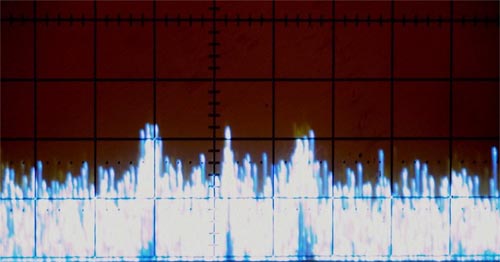Receiver Noise, ερ and εφ
Receiver noise is directly related to thermal noise, dynamic stress, and so on in the GPS receiver itself. Receiver noise is also an uncorrelated error source, meaning the effects of both multipath and the receiver noise are not related to the length of the baseline between GPS receivers. They are uncorrelated in that regard. The effects of receiver noise on carrier phase measurements symbolized by εφ, like multipath, are small when compared to their effects on pseudorange measurements, ερ. Generally speaking, the receiver noise error is about 1% of the wavelength of the signal involved. In code solutions, the size of the error is related to chip width. For example, the receiver noise error in a C/A code solution might be about an order of magnitude more than it might be in a P(Y) code solution, and it would be even less in carrier phase solutions. Receiver noise is inevitable, and it must be considered, but it is a relatively small contributor to the GPS error budget, in most cases.
